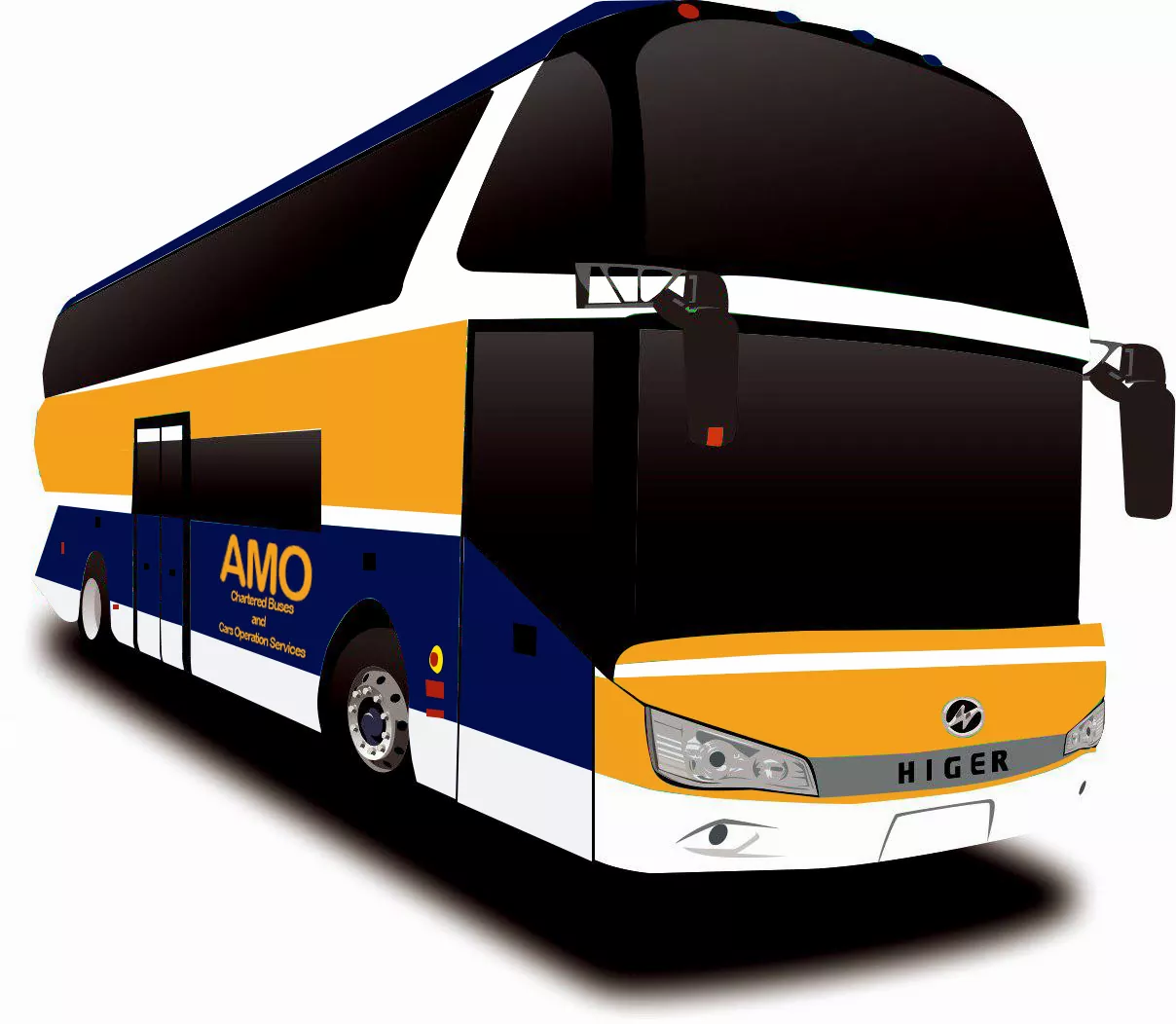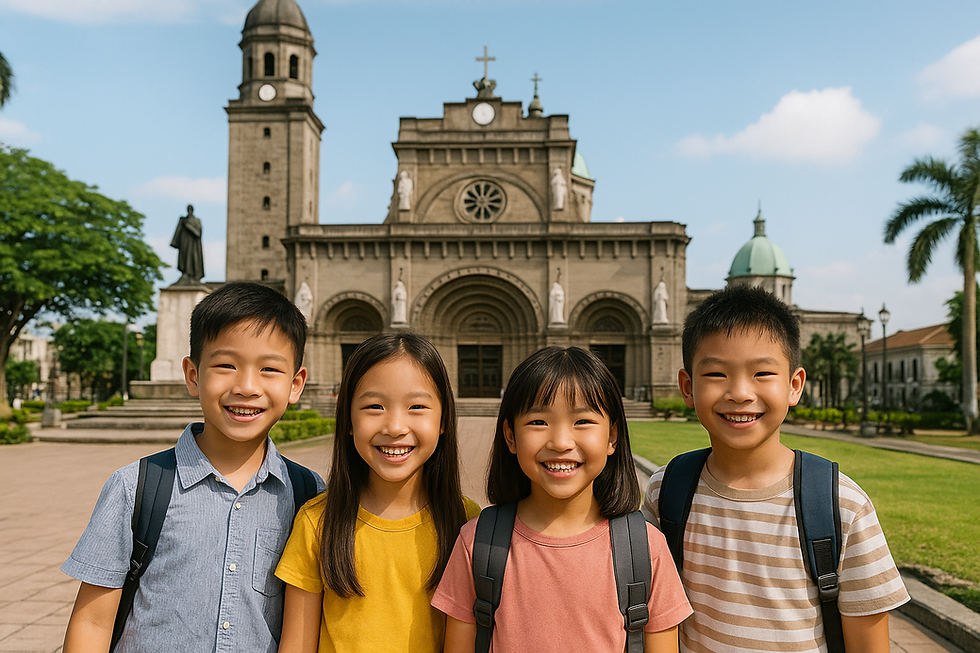Planning an Educational Tour That Inspires and Educates
- amotransportservices

- Jul 16
- 3 min read
Planning an educational tour can be an enriching experience for students. It combines learning with exploration, giving young minds the opportunity to experience new places and cultures firsthand. In this post, we will explore how to organize engaging educational tours that not only inspire but also educate participants in meaningful ways.
What are Educational Tours?
Educational tours are structured trips aimed at enhancing learning. They can be local, domestic, or international, depending on the curriculum and objectives. The goal is to cultivate a deeper understanding of specific subjects, such as history, science, or the arts, through immersive experiences.
For instance, a history-focused tour might take students to significant historical sites where they can learn about key events in context. Similarly, a science tour could include visits to nature reserves, laboratories, or planetariums, enabling hands-on learning.
By incorporating educational elements into travel, students can engage more fully with the subjects they study. They move beyond textbooks and into the reality of their learning material.

Importance of Educational Tours
Educational tours play a critical role in enhancing classroom learning. According to a study by the University of Minnesota, experiential learning increases retention rates by up to 75 percent compared to traditional methods. Here’s why educational tours are vital:
Engagement: Being in an unfamiliar environment stimulates curiosity and keeps students engaged. The sights and sounds of a location can ignite interests in ways books cannot.
Real-Life Applications: Educational tours allow students to see the practical applications of their studies. For example, visiting a science museum can illuminate theories studied in class.
Social Skills Development: Traveling with peers encourages teamwork, communication, and adaptability. Students learn to navigate new situations, enhancing their social skills.
Cultural Awareness: Exposure to different cultures fosters understanding and respect for diversity. It can significantly broaden students' perspectives.
If you're aiming to create an unforgettable experience for students, these tours are more than just vacations; they are opportunities for growth and exploration.

Steps to Plan an Educational Tour
Planning an educational tour may seem daunting, but it can be streamlined with a clear process. Here are some steps to follow:
Define Objectives: What do you want students to learn? Establish clear goals that align with curriculum standards.
Select Destinations: Choose locations that are relevant to your objectives. This could be a local museum, national parks, or specific historical landmarks.
Budgeting: Determine the budget for the tour, including transportation, accommodation, meals, and entry fees for activities. Try to find educational tour services that offer package deals for schools.
Secure Permissions: Get the necessary permissions from school administration and parents. Transparency about safety and educational value will foster trust.
Engage Students: Involve students in the planning process. Allowing them to help choose locations or activities can increase their excitement.
Post-Trip Engagement: Plan follow-up activities to help students process their experiences. This could involve creating reports, presentations, or art projects based on their learning.
These steps can ensure a smooth planning process and create an engaging educational experience for students.
Tips for a Successful Educational Experience
Once your tour is planned, here are a few tips to maximize its educational impact:
Pre-Trip Preparation: Conduct pre-trip sessions to prepare students. Discuss the destinations and subjects they will explore. This builds interest and enhances retention of information during the tour.
Encourage Curiosity: Amazing discoveries often happen when students ask questions. Encourage them to be inquisitive and note down their questions for discussion later.
Create Interactive Experiences: Plan interactive activities such as scavenger hunts, workshops, or guided excursions. Engaging students in hands-on experiences makes learning enjoyable and memorable.
Document the Journey: Suggest students keep journals or electronic logs of their experiences. Capturing thoughts and observations can enrich their understanding and serve as a keepsake.
Reflect and Share: After returning, allow time for reflection. Group discussions or presentations can reinforce learning and help students articulate what they learned.
Final Thoughts on Educational Tours
Educational tours represent a bridge between academic concepts and their real-world applications. They offer immersive experiences that cultivate curiosity, encourage exploration, and deepen understanding. By following a structured planning approach, selecting the right services, and preparing students adequately, you can create a powerful educational journey.
For those looking to organize such tours, exploring the right educational tour services can make all the difference in providing a seamless experience. By planning thoughtfully, you can inspire the next generation of learners through the unforgettable experiences of educational tours.







Comments